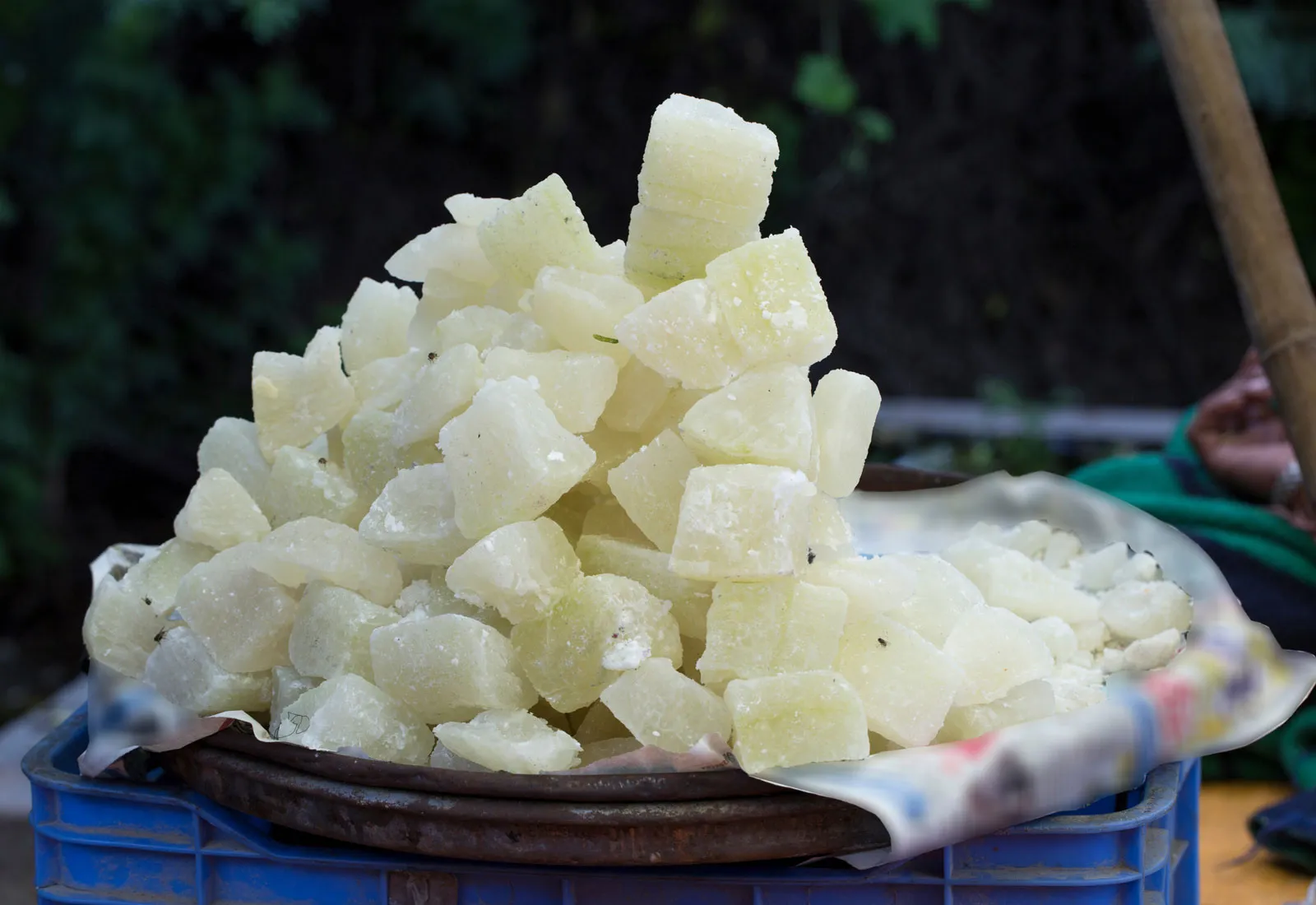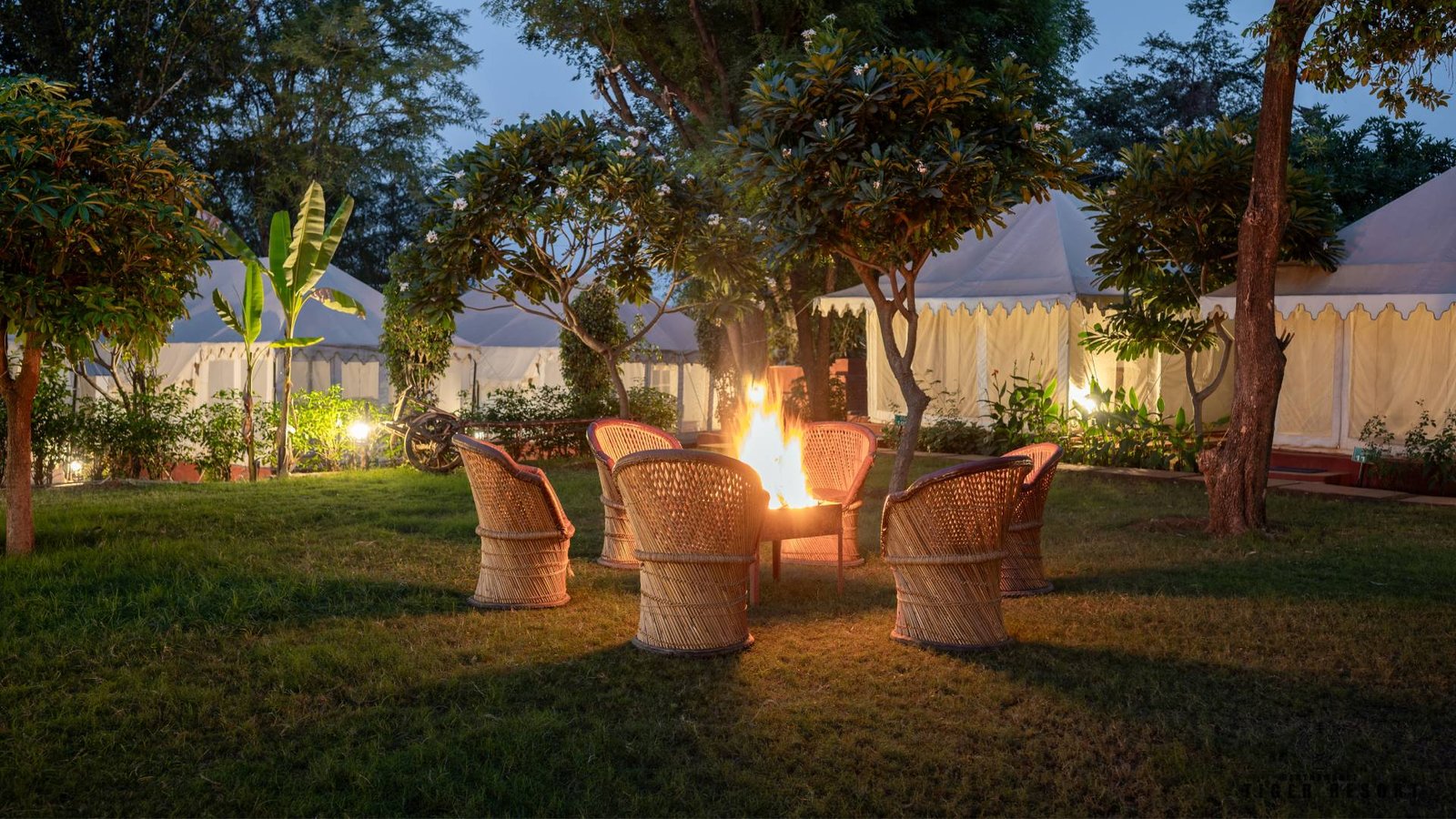Travel isn’t just an escape from the everyday—it’s a powerful form of therapy. Across cultures and centuries, people have instinctively turned to exploration when they seek healing, inspiration, or clarity. In today’s high-stress world, travel therapy has taken on a renewed significance, offering a deeper and more personal path to wellness. Whether it’s immersing yourself in vibrant cultures, tasting authentic local cuisine, or reconnecting with nature, travel provides experiences that enrich the body, mind, and soul. Many travelers even begin their healing journeys through cultural immersion experiences like the Best food tour in India, combining sensory delight with emotional rejuvenation.
The Psychological Healing Power of Travel
One of the most immediate benefits of travel is its impact on mental health. Stepping away from familiar routines gives your mind the space it needs to reset. When you’re exploring a new city, learning about different customs, or simply wandering in an unfamiliar neighborhood, your brain becomes actively engaged. This heightened awareness can reduce symptoms of anxiety and depression by breaking negative thought patterns and fostering present-moment mindfulness.
Travel also stimulates dopamine—the brain’s “feel good” chemical. Experiencing novelty, whether it’s admiring the Taj Mahal for the first time or savoring a unique dish on a Delhi street food tour, naturally elevates mood and enhances emotional well-being. For many, travel creates a therapeutic sense of joy, curiosity, and gratitude—key ingredients for mental resilience.
Emotional Growth Through Cultural Exposure
When you travel, you not only see the world but begin to understand your place within it. Being surrounded by different lifestyles, values, and traditions deepens empathy and fosters a sense of global belonging. This emotional maturity is especially evident when engaging with local communities and participating in culturally rich experiences like food tour packages in India, where storytelling through cuisine opens windows into the heart of Indian heritage.
Challenging your own assumptions and witnessing diverse perspectives helps develop emotional flexibility. Travelers often return home with a more open mindset, greater patience, and the ability to handle uncertainty better—an essential skill in today’s fast-changing world.
Physical Benefits of Travel Therapy
While most discussions on travel therapy focus on mental and emotional aspects, the physical benefits are equally compelling. From walking through bustling markets to hiking scenic trails, travel encourages movement. Exploring local streets during an Agra street food walking tour not only delights your taste buds but also gets you moving—boosting cardiovascular health and improving stamina.
Furthermore, many travelers adopt healthier habits while away. Exposure to different diets often leads to better food choices, and spending time outdoors increases Vitamin D levels, which has a direct effect on mood and immune function. Even improved sleep patterns have been observed in travelers who disconnect from screens and immerse themselves in natural surroundings or quiet retreats.
Travel as a Path to Self-Discovery
One of the most profound ways travel heals is by enabling self-reflection. Removed from daily distractions, people often find clarity about their life goals, relationships, and personal challenges. Travel pushes you out of your comfort zone, forcing you to confront fears, embrace spontaneity, and trust your intuition.
Solo travelers especially report a stronger sense of identity and confidence. Making decisions in unfamiliar environments cultivates problem-solving skills and self-reliance. Whether you’re navigating a new transit system or striking up a conversation in another language, each interaction builds character and fosters a deeper understanding of self.
Connection, Community, and Shared Healing
Healing isn’t always a solo journey. Travel encourages connection—with others, with the world, and with yourself. Whether you’re dining with locals, joining a group trek, or sharing stories with fellow travelers, these interactions nurture a sense of belonging and community.
In many traditional societies, food is the universal language of connection. Participating in curated culinary experiences such as regional food tours allows travelers to bond through shared meals, laugh over new tastes, and learn stories passed down through generations. This sense of human connection has a therapeutic effect, often more lasting than any material souvenir.
Travel Is Not a Luxury—It’s a Wellness Investment
It’s easy to see travel as a luxury, but when you consider its deep healing potential, it becomes clear that travel is a meaningful investment in your overall well-being. Whether you’re taking a weekend escape or a cross-country adventure, the benefits can be long-lasting. From reigniting joy and curiosity to restoring balance and vitality, travel touches every aspect of the human experience.
And the best part? You don’t need to travel far to feel the effects. Sometimes a single journey—a walk through a historic city, a new cuisine experience, or a spontaneous local adventure—can change your perspective completely.
In an age where burnout, stress, and anxiety are common, choosing experiences over possessions is a radical form of self-care. Travel reminds us that healing isn’t always found in silence or solitude—sometimes, it’s in the vibrant hum of a market, the warmth of a stranger’s smile, or the taste of a dish you’ve never tried before.




